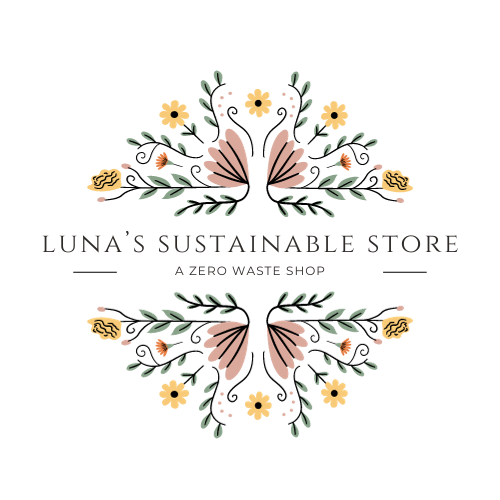Plastic pollution is a significant environmental issue with far reaching consequences. We live in an age of convenience where plastic has become inseparable from our daily lives. Hidden beneath the convenience is a growing, alarming, crisis that threatens not only our environment, but our very existence. There are plastics now in every corner of our planet. From the deepest oceans to the highest peaks, plastic pollution can be found. Plastic pollution has been proven to have a lasting negative impact on the ocean, wildlife, human health, the environment, and even the economy. We're on a mission to change the way we look at plastics, and single-use products. Together, we are on a journey beyond convenience. We're on a journey to a greener tomorrow.
Our oceans have been carrying the brunt of the plastic pollution brought on by humans. Every year, millions of tons of plastic waste ends up in the oceans. It's estimated that there are over 5.25 trillion pieces of plastic debris in the oceans, with around 8 million metric tons being added annually. This pollution is damaging the ecosystem, disrupting the food chain, and ultimately threatening the biodiversity in our oceans. Over 100,000 marine mammals, and millions of birds die each year from plastic pollution.
Plastic pollution poses major risk to human health through chemicals in the plastics. These chemicals can leach into the environment, ultimately contaminating water and food supplies. Hormonal disruptions and certain types of cancers have been directly linked to chemicals in plastic. In addition to the chemicals, plastic doesn't biodegrade; it breaks down into smaller pieces we know as microplastics. Microplastics are found in oceans, freshwater sources, soil, and the air we breathe. While the research is still new, microplastics have been linked to adverse health conditions in humans. BPA can travel in microplastics. Microplastics can bioaccumulate meaning it travels up the food chain so the animals at the higher levels may accumulate higher concentrations of microplastics through their diet.
Lastly, our economy takes a major hit due to high levels of plastic pollution. For starters, the cost of clean up efforts are substantial. The tourism and fishing industries have already been negatively impacted, and will continue to take on more damage as plastic pollution piles up. Not to mention the healthcare expenses humans will have to pay for due to related health issues.
The only way we can make tomorrow greener is together. This is a journey, anyone and everyone is welcome to. We need to put a stop to the single-use plastics, and plastics in general. We can use more sustainable, creative ways to add convenience to our daily life without sacrificing the health of ourselves, and our planet. It all starts with one small change.

